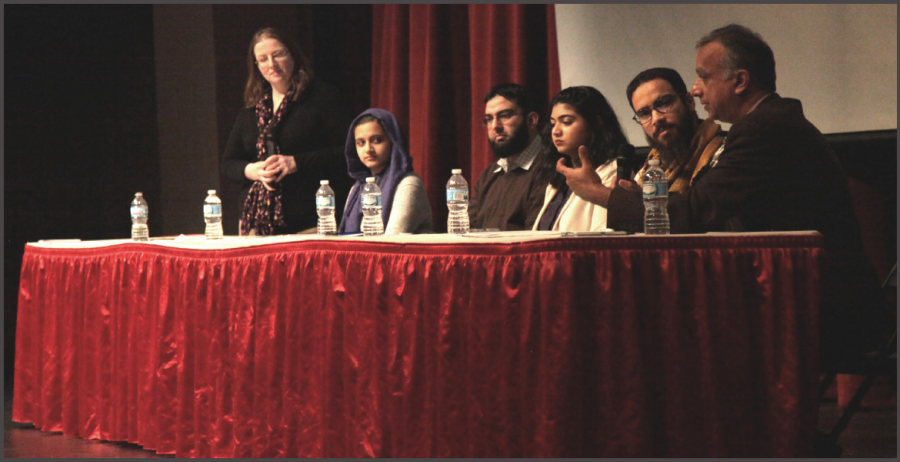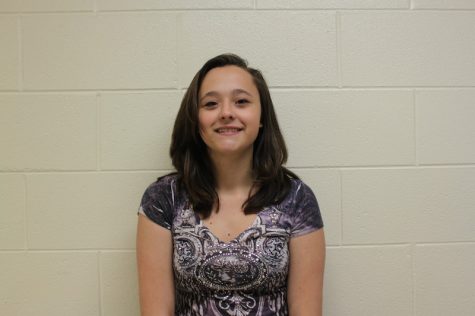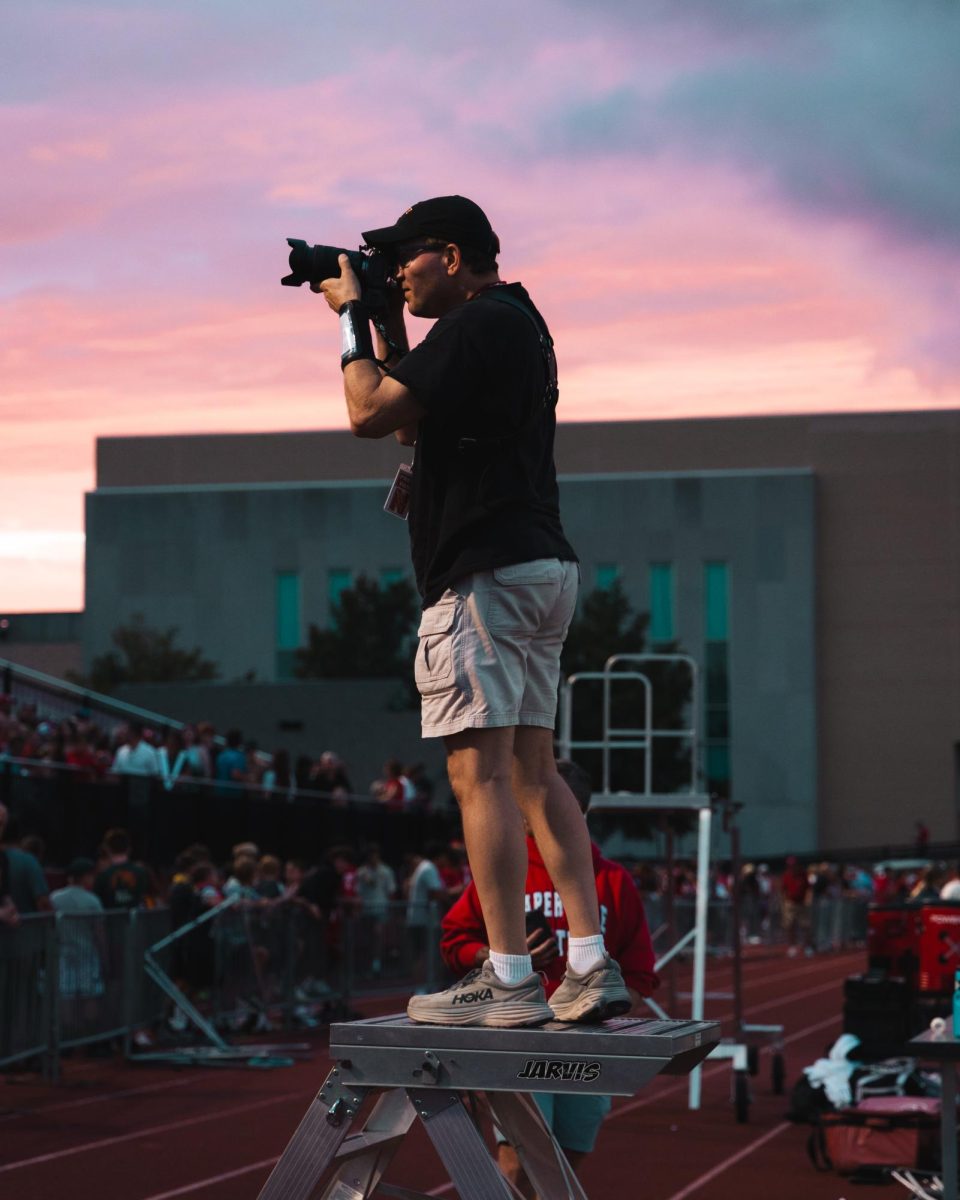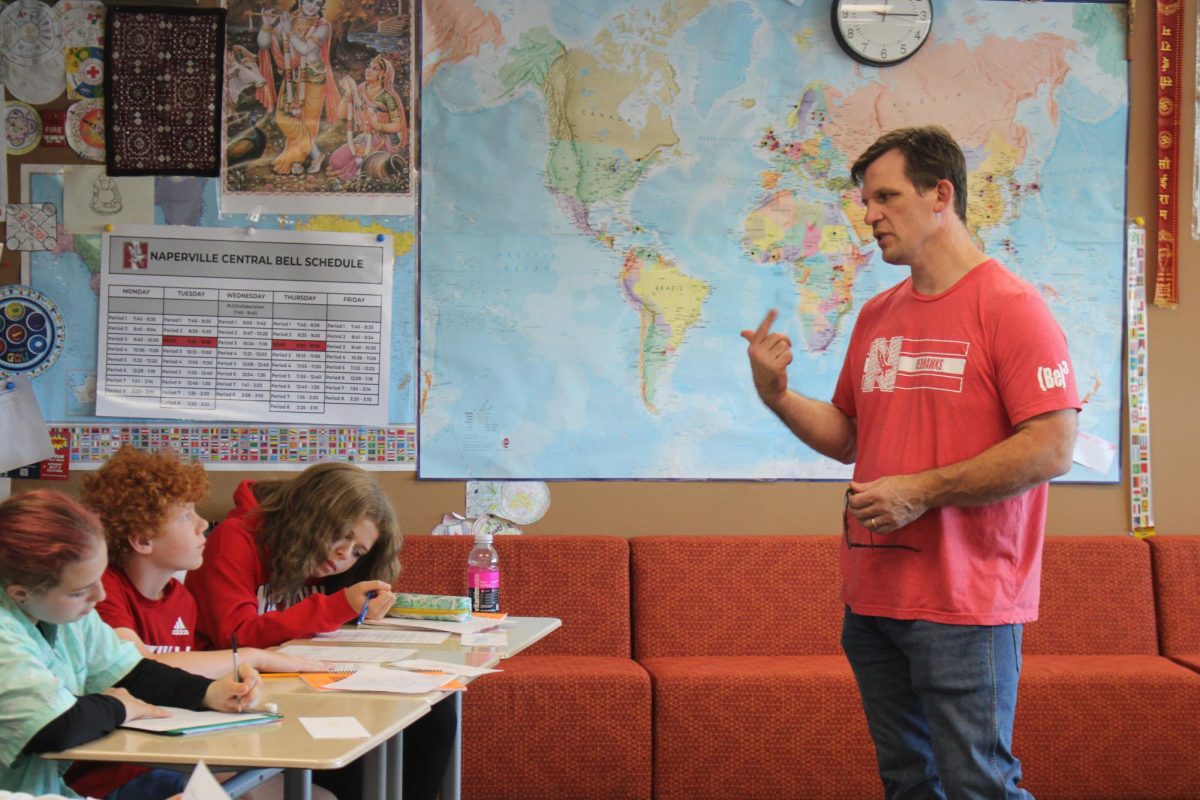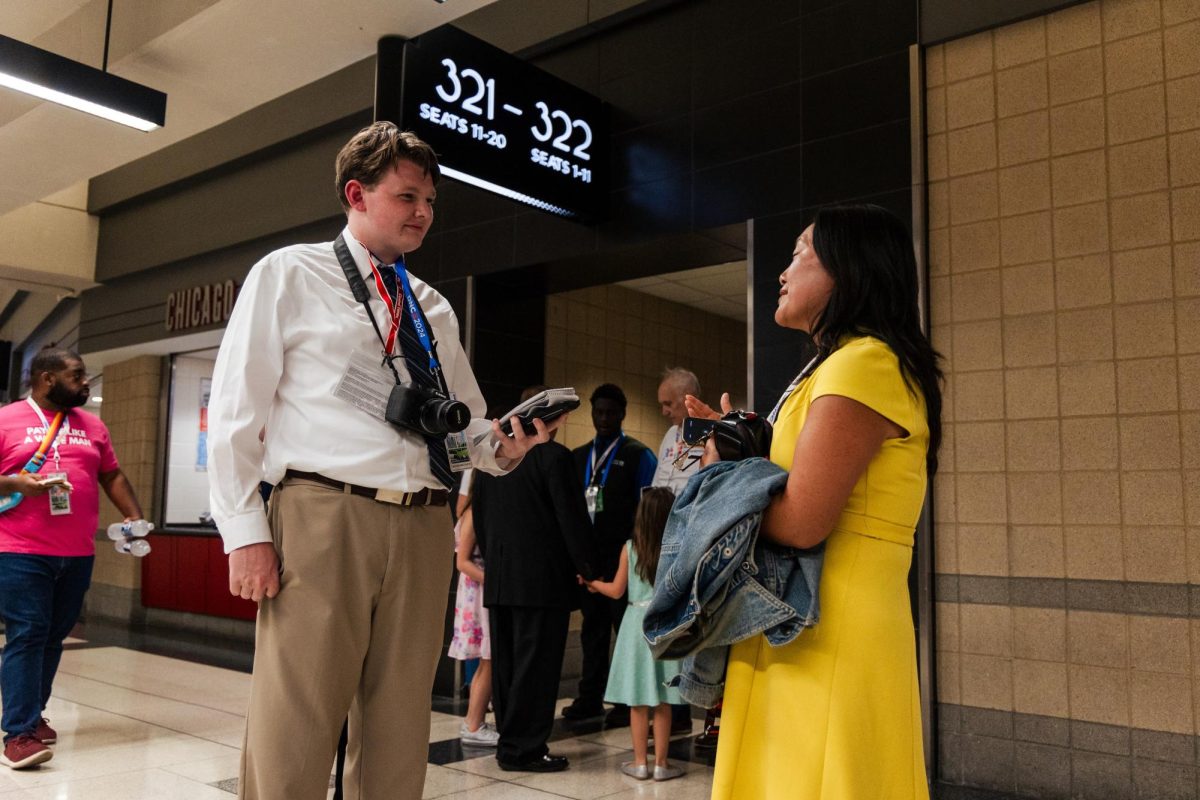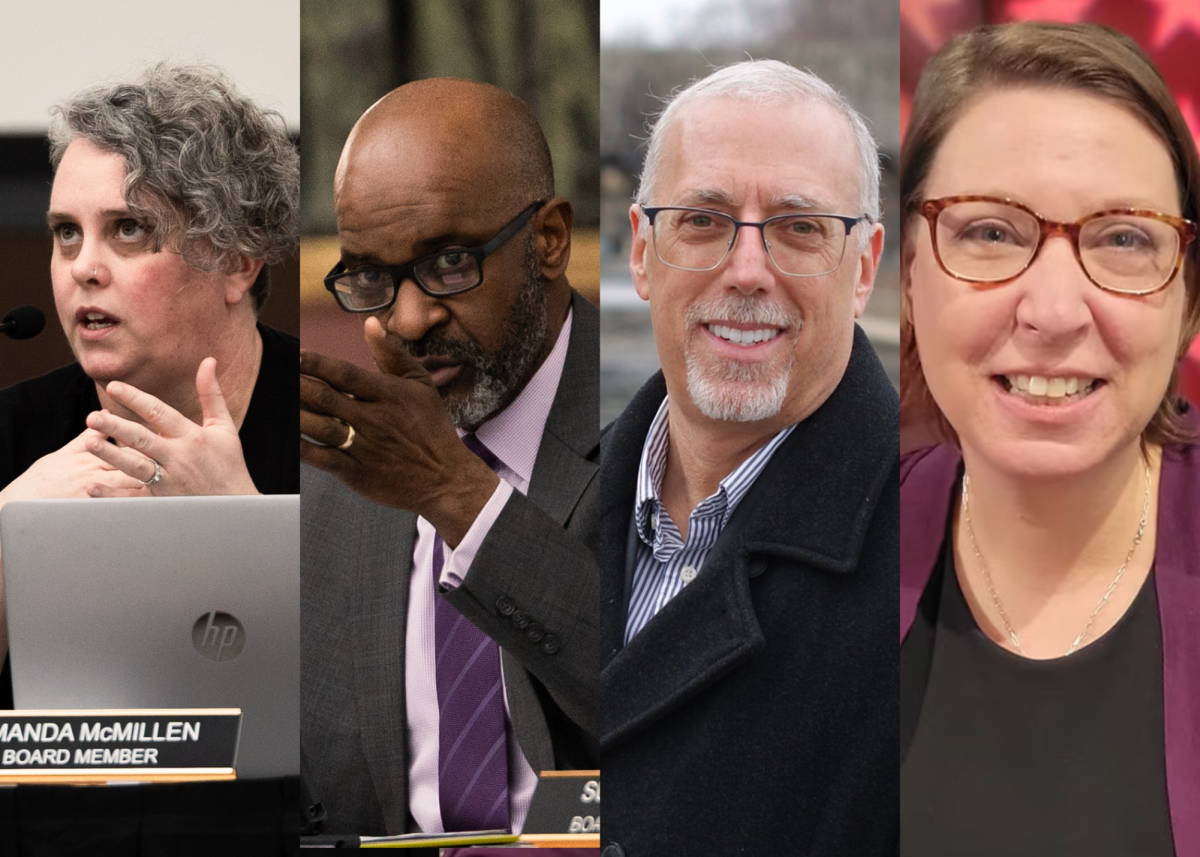Humanities teacher initiates discussion series: ‘Building Inclusive Societies’
February 3, 2017
In response to the current political climate in the U.S. and with input from her students, Letitia Zwickert, social science teacher at Central, created a panel discussion series called “Building Inclusive Societies.” The first session titled “Islam in America” took place on Feb. 10 in the auditorium.
“The purpose of this talk was to allow each school to address their community’s relationship with Islam through a frank and open dialogue,” Zwickert said. “Discussing what individuals can do to move their community toward helping establish a greater sense of understanding and belonging for all of its members.”
This is a three-part, statewide series and welcomes anyone who is interested in participating in the discussions. Future topics include “Immigration and Refugees” in March and “Inclusion Within a Society and Redefining American Identity” in April.
“This is the first time that [Central] has ever had a discussion like this where we have reached out to Universities and having University members [participate],” Zwickert said. “As far as I know, this is the first time that we’ve had this type of combination of high school, university and community.”
For the first discussion in the series, Zwickert saw a need within Central’s student body to address issues that Muslim community members were facing, and reached out to the community in an attempt to discuss and find common ground. She hopes that everyone who attends the discussions will leave feeling educated and closer together.
“One of the biggest things that I think people need to realize is that apathy is not good,” said Laaiba Mahmood, Muslim Student Association (MSA) representative. “Not caring and being neutral in situations is [bad]. [People] need to stand up, take initiative and learn about what is going on in their community and be very open […] and also ask questions.”
The panel discussion included an interactive format with input from the audience. One topic discussed by the panel was: What does the average person think when they hear Islam?
Phrases that were mentioned from the audience included “scary,” “female oppression,” “ISIS” and “violence.”
“After 2011, these types of rhetoric started to become more dominant,” said Imam Rizwan AliImam, religious director of the Islamic Center of Naperville. “What’s very important is for us to realize that there is a difference between a culture and a religion. Sometimes what happens is that whatever our cultural baggage or cultural practices that they have, they may have certain practices in that society but that does not mean those practices are supported by the religion.”
Overall consensus from the panel is that everyone needs to talk to each other and learn from each other in order to live in a more accepting society.



